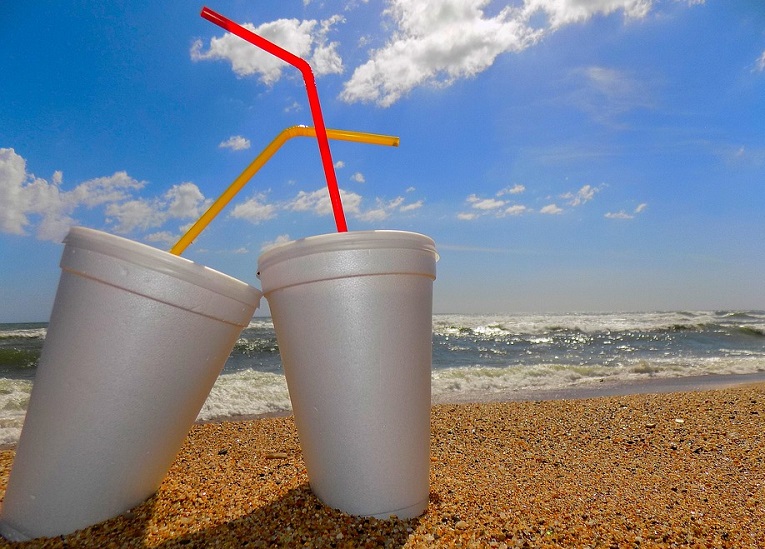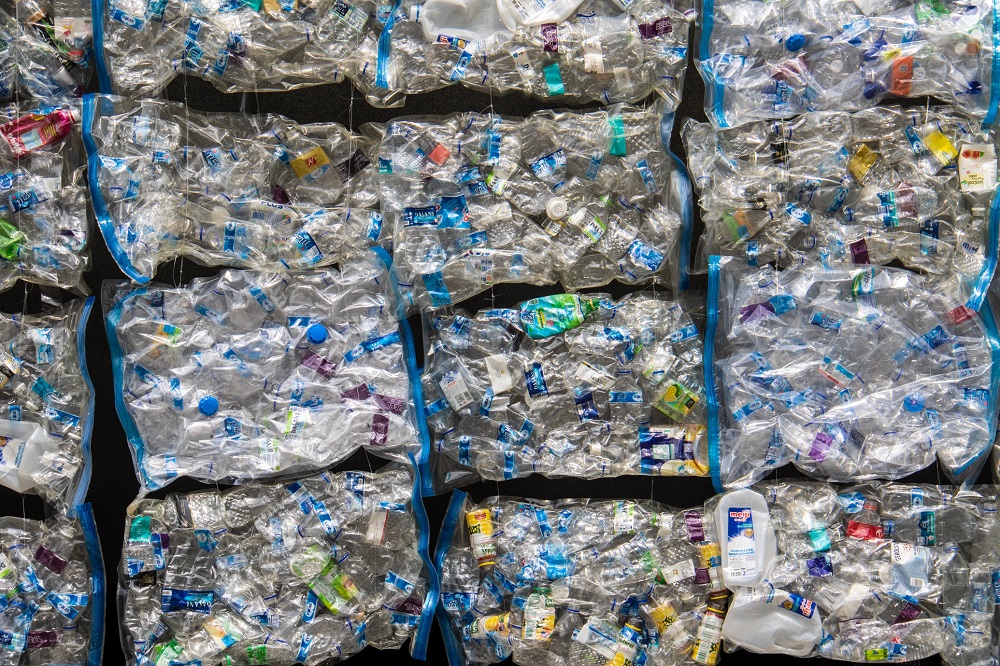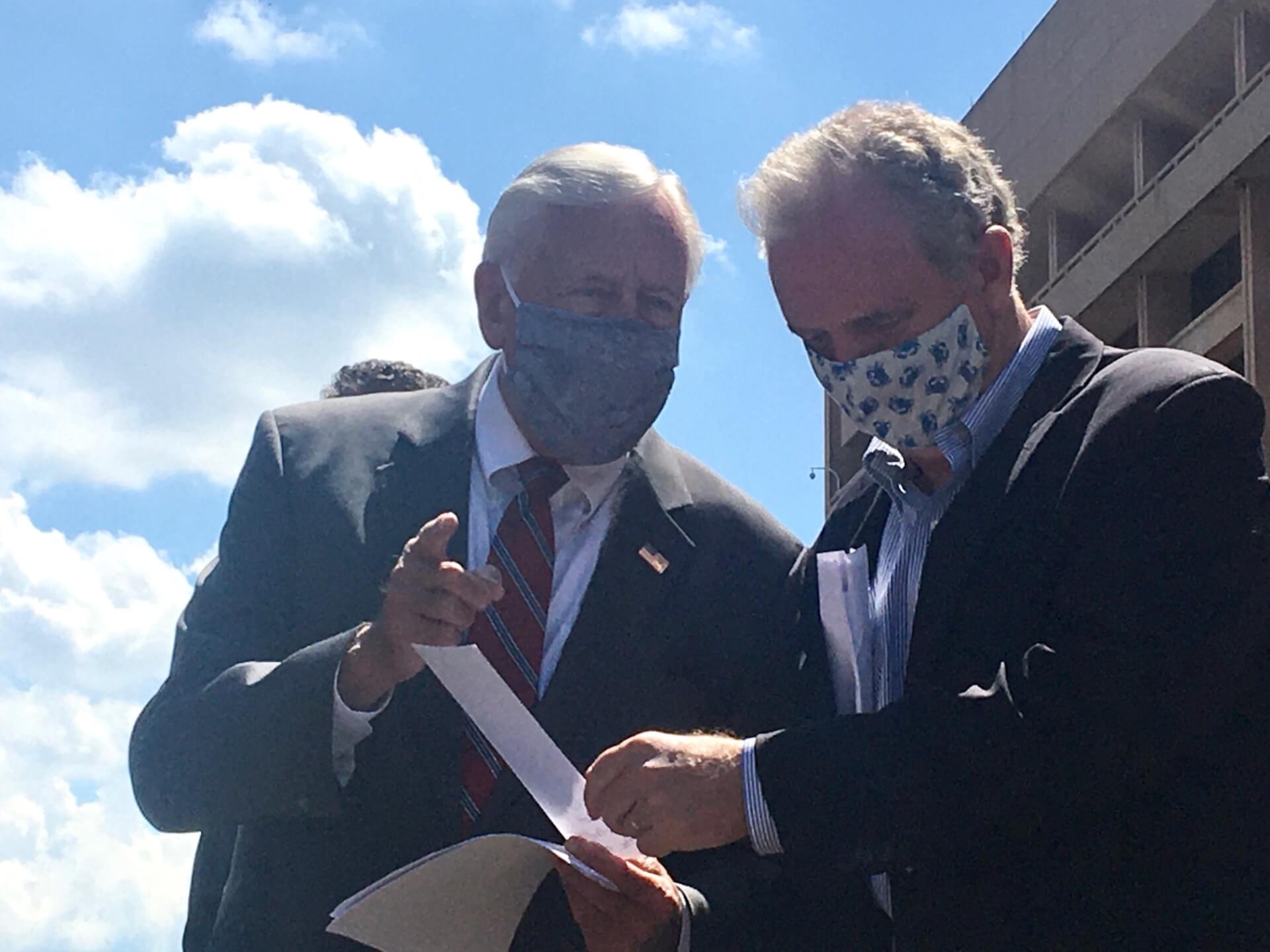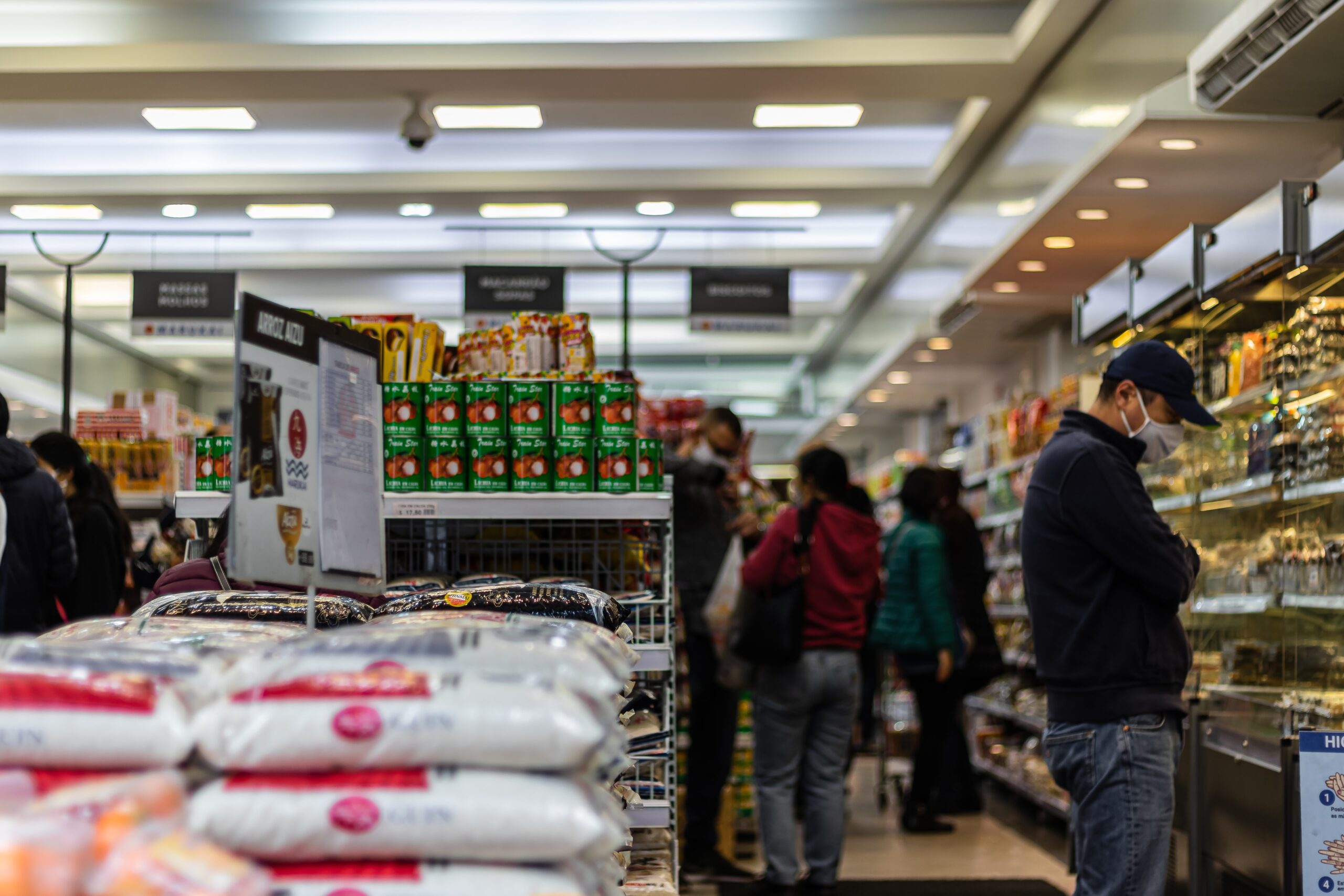Opinion: Instead of Banning Polystyrene Foam, Enhance State’s Ability to Recycle It

Our company has provided jobs and opportunities in Maryland for more than 44 years. Today, we operate a manufacturing facility in Federalsburg and distribution centers in Hampstead and Havre de Grace employing more than 700 hard-working Marylanders.
Aside from providing good manufacturing jobs for our employees, here in the USA, and contributing to the state and local tax base, we proudly help to keep the community clean by volunteering for roadside cleanups around our facilities. We are Dart Container Corp., a family-owned manufacturer of a broad range of plastic, paper and compostable to-go containers.
Now Gov. Larry Hogan has legislation on his desk that would hurt our business and the businesses of many mom-and-pop stores, small restaurants and the citizens of Maryland.
The bill, if signed into law, would prohibit the sale of one of Dart’s main products, polystyrene foam — PS foam, which is used to make to-go products such as plates, cups, bowls and containers.
Some members of the Maryland legislature would have us believe that these products can hurt us and are bad for the environment. That is simply not true.
The U.S. Food and Drug Administration has approved the use of these to-go products for decades as a safe, sanitary way to serve fresh food and to help prevent the spread of disease at schools, hospitals, restaurants and other public venues.
Banning these products would be a step backward for the environment as well as Maryland’s economy. Substitute products do not work as well. They use more material to manufacture, and in most cases produce more greenhouse gases in the manufacture and transportation of the products.
As such, the proposed legislation actually increases solid waste, energy use, water use and some greenhouse gas emissions. In short, PS foam, which is 95 percent air, generally leaves a lighter environmental footprint than alternatives.
In addition, PS foam to-go products keep food fresh, so Marylanders throw away less food. Nearly 40 percent of food in the U.S. is wasted, which represents a massive loss of resources. We should use packaging that is most effective at reducing food waste.
Environmental groups complain that PS foam to-go containers litter our beaches and waterways. Unfortunately, like many consumer products, that is partially true. As members of our communities, we hate litter too and want a cleaner natural environment.
But bans don’t stop litter as bans do not address litter’s root cause – human behavior.
Therefore, it makes no sense to switch from one material to another – especially a heavier material – to combat waste and litter. Trading one type of food service packaging for another simply changes the makeup of litter without reducing it. In fact, it may make things worse.
When San Francisco restricted the use of plastic to-go ware, the city found that alternatives were littered more because people apparently assumed that the new packaging relieved them of responsibility for proper disposal. Bans are not a smart strategy.
In addition, the legislation targets a small fraction of litter. PS foam to-go ware makes up only 1.5 percent of litter, according to a study by the well-regarded ER Planning of Gaithersburg.
But the legislation also would have significant economic consequences for small businesses and local restaurateurs who use PS foam to-go containers to serve fresh food and to contain costs. Alternative food containers can cost two, three, four or even five times as much as PS foam containers. The additional costs are either passed on to customers or lost by businesses, small and big.
A study on similar legislation in New York City found that for every $1 spent on PS foam to-go items, restaurants would have to spend $2 on alternatives. For a small business, that could mean the difference between employing a high school student in her first job or keeping the doors open as the community coffee meeting place. Aren’t our small businesses struggling enough that we want to avoid heaping additional restrictions on their operations?
Simply put, increasing costs on businesses, consumers and the environment makes no sense.
We urge the governor to veto this misguided ban legislation. We also urge policymakers to pursue policies that enhance the state’s ability to recycle plastics, including PS foam, and to ramp up anti-litter initiatives, among other commonsense measures.
Maryland can continue to be a real leader on environmental matters – don’t ban products, support recycling and save businesses for all citizens of Maryland. Gov. Hogan please veto the PS foam to-go containers ban bill.
–FRANK LIESMAN
The writer is the vice president of government affairs and the environment at Dart Container Corp.
Did someone forward this to you?
Get your own daily morning news roundup in your inbox. Free. Sign up here.




 Creative Commons Attribution
Creative Commons Attribution